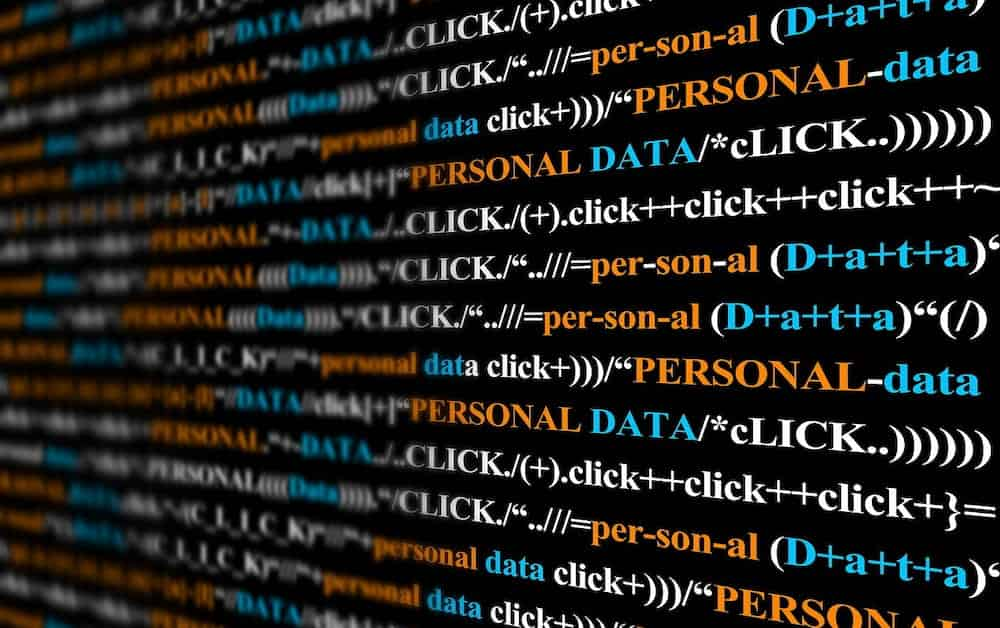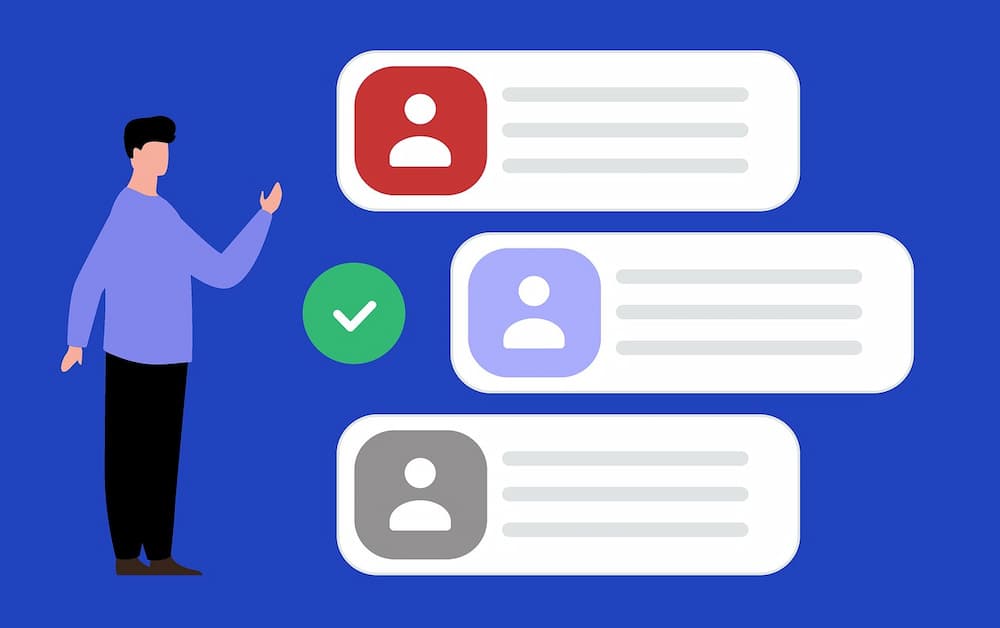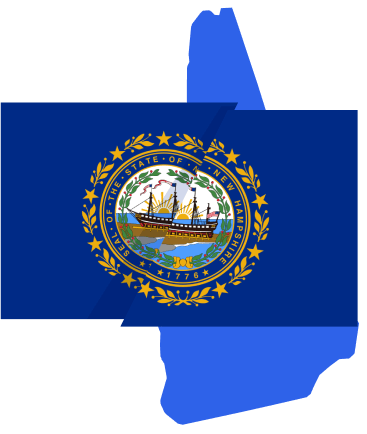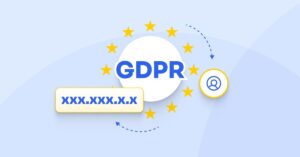Introduction
New Hampshire has recently joined the group of states that have taken a proactive approach toward protecting consumer data and privacy by enacting a comprehensive Privacy Act on March 6, 2024. This new legislation is a major milestone in the ongoing efforts to strengthen data protection measures and give individuals greater control over their personal information. This comprehensive Privacy Act addresses the growing concerns about data privacy breaches and the widespread use of personal data in the digital age.
The new legislation aims to provide greater transparency in the collection, processing, and sharing of personal data by businesses operating in the state. It also establishes new data retention and deletion rules, requiring companies to obtain explicit consent from individuals before collecting and storing their personal data. Additionally, it grants individuals the right to access and correct their personal data and object to its use for specific purposes.
By introducing this comprehensive privacy legislation, New Hampshire has taken a significant step towards safeguarding consumer rights and fostering trust in the digital ecosystem. This move will undoubtedly have far-reaching implications for businesses operating in the state, which must comply with the new data privacy laws and regulations. Ultimately, this comprehensive Privacy Act will help to establish a more secure and trustworthy digital environment for all New Hampshire residents.
Who does the New Hampshire law apply to?
The New Hampshire Privacy Act is a comprehensive data protection law that applies to many entities processing personal data. This includes businesses, financial institutions, nonprofit organizations, and any organization that conducts business within the state or targets residents of New Hampshire, regardless of physical presence. This ensures that all entities that process personal data are covered by the privacy law, regardless of their size or sector.
Moreover, the New Hampshire Privacy Act goes beyond traditional categories of personal data to encompass sensitive data such as genetic or biometric information. The law recognizes that such data is particularly vulnerable to misuse and extends its purview to include entities that process sensitive data. This is critical in safeguarding individuals’ privacy and protecting their sensitive personal data from unauthorized access and use.
Consumer rights and controller obligations
The New Hampshire Privacy Act places significant emphasis on delineating consumer rights for consumers, excluding personal data and corresponding obligations imposed on data controllers. The act provides consumers with extensive rights about their personal data, including the right to access, correct inaccuracies, and delete information provided. This means that consumers have complete control over their personal data and can request its deletion or modification at any time.
The legislation also prohibits the sale of personal data without clear affirmative consent from the consumer consent alone, further reinforcing individuals’ autonomy over processing consumers’ personal data. Data controllers cannot exploit or misuse consumers’ personal data without explicit consent.
To ensure that the provisions of the New Hampshire Privacy Act are adhered to, data controllers are mandated to implement robust data protection measures and conduct regular assessments to identify and mitigate any potential risks to the privacy of consumers’ personal data. Additionally, data controllers must ensure compliance with the stipulated requirements to safeguard the privacy and security of consumers’ personal data at all times. By doing so, data controllers can ensure that consumers’ personal data privacy is protected and that their rights are respected.

How is the law enforced?
The New Hampshire Privacy Act is a crucial legislation that safeguards individuals’ data privacy rights. The New Hampshire Attorney General enforces the act and ensures that organizations and entities operating within the state comply with comprehensive privacy laws and state laws and their provisions. The Attorney General’s Office is also tasked with investigating potential violations of the Privacy Act and holding accountable those who breach its stipulations.
In cases where organizations are found to be non-compliant with the legislation, the Attorney General’s Office has the power to impose penalties that vary in severity depending on the nature and extent of the infringement. These penalties can range from fines to injunctive relief, which can help to deter non-compliance and encourage adherence to the privacy act.
In addition to these enforcement mechanisms, the New Hampshire Privacy Act empowers individual consumers to file civil lawsuits against entities that violate their data privacy rights. This provision enhances accountability and deterrence within the regulatory framework, as it provides individual consumers with a means of seeking redress for any harm they may have suffered due to a data breach or other privacy violation.
What are the key requirements to watch in the New Hampshire Privacy Act?
Privacy notices
The New Hampshire Privacy Act binds organizations operating in New Hampshire. This law requires these organizations to provide consumers with privacy notices that are clear, concise, and meaningful. These notices should explain the purpose, scope, and nature of a consumer’s personal data processing activities. Privacy notices are essential for promoting transparency and enabling individuals to make informed decisions about how their data is shared.
These privacy notices should be comprehensive and easy to understand to ensure they are effective. Organizations must also ensure they align with the prescribed standards and are accessible to all consumers. By providing comprehensive privacy notices that meet the standards outlined in the New Hampshire Privacy Act, organizations can build trust with consumers and foster a culture of privacy and data protection.
Applicability thresholds and exemptions
The New Hampshire Privacy Act has laid down particular benchmarks that organizations must meet to determine whether the act applies to them. These benchmarks consider various aspects, such as the type of personal data being processed, the personal data used, the volume of the personal data collected and handled, and the nature of the business activities being undertaken. Furthermore, certain exceptions may apply to organizations that engage in activities falling outside the scope of the law or are subject to other regulatory frameworks.
It is highly recommended that organizations conduct a thorough assessment of their operations to ascertain their compliance obligations under the New Hampshire Privacy Act. This assessment should also consider the potential exemptions available to the organization. By doing so, organizations can ensure that they remain fully compliant with the law and avoid any potential legal or reputational risks arising from non-compliance.

Consent for processing of sensitive data
The New Hampshire Privacy Act has laid down certain rules and regulations for processing sensitive data, including genetic or biometric information. One of the most crucial requirements of this act is obtaining explicit consent from consumers before processing sensitive personal data relating to them. This provision highlights the importance of individual autonomy and consent when processing highly sensitive personal data. It mandates that consumers take clear and unambiguous affirmative actions to consent to process their genetic or biometric data.
This ensures that consumers have complete control over their personal information and that their privacy is protected from unauthorized access or misuse. The act aims to safeguard consumers’ rights and ensure that their sensitive data is processed fairly, transparently, and responsibly.
Consent requirements
The New Hampshire Privacy Act aligns with global privacy trends and highlights the importance of securing valid consent from consumers for processing their personal data. The act mandates entities to obtain consent through clear affirmative actions indicating individual agreement to ensure transparency and accountability in the data processing practices of covered entities. The entity must also provide clear information to consumers regarding the purpose, nature, and scope of the data processing and the parties involved in processing personal data.
This information should be provided concisely and transparently, enabling consumers to make informed decisions about their data. Furthermore, the act requires entities to obtain separate consent for sensitive data, such as health information, genetic data, and biometric data, to ensure that such data is processed securely and confidentially. Finally, the act also includes provisions for accountability and enforcement, requiring entities to maintain records of data processing activities and empowering regulatory bodies to investigate and penalize non-compliant entities.
Data protection assessments
Organizations are now legally required to conduct regular data protection assessments to protect personal data. These assessments are designed to help organizations evaluate and mitigate risks associated with their personal data processing activities. By conducting these assessments, organizations can identify potential vulnerabilities and take proactive measures to enhance the security and privacy of personal data processed.
Furthermore, these assessments also help organizations assess their compliance with regulatory requirements and implement remedial measures to address any identified issues. Overall, regular data protection assessments are an effective tool for organizations to improve their data protection practices and ensure the security and privacy of personal data.

Potential penalties for non-compliance with the New Hampshire Privacy Act
Financial penalties: Non-compliance with the New Hampshire Privacy Act can result in significant financial penalties. Violating entities may face fines of up to $10,000 per violation.
Civil remedies: In addition to fines, individuals affected by privacy violations may seek civil remedies against non-compliant entities. These can include damages for any harm suffered as a result of the violation.
Injunctions: The New Hampshire Attorney General may also seek injunctive relief against non-compliant businesses, requiring them to cease unlawful data processing activities or implement corrective measures.
Increased penalties over time: While a 60-day cure period is provided for businesses that violate the law in its initial year, penalties may escalate thereafter. From 2026 onwards, authorities may impose penalties without the opportunity for a cure.
Impact on businesses operating outside of New Hampshire
The New Hampshire Privacy Act can have implications for businesses that operate beyond the state’s borders:
Extraterritorial reach: The law applies not only to businesses physically located within New Hampshire but also to those that control or process the personal data of a certain threshold of New Hampshire residents, irrespective of their physical presence in the state.
Compliance obligations: Businesses outside of New Hampshire that meet the jurisdictional criteria must comply with the provisions of the New Hampshire Privacy Act regarding the processing and protection of personal data belonging to New Hampshire residents. Failure to do so may subject them to enforcement actions and penalties under the law.
Risk of penalties: Non-compliant businesses outside New Hampshire face fines, civil remedies, and injunctions if found to violate the law’s requirements. Thus, they must assess their data processing activities to ensure compliance with the New Hampshire Privacy Act.
Conclusion
The enactment of the New Hampshire Privacy Act marks a critical milestone in the ongoing efforts to enhance data privacy and protection for consumers. This comprehensive legislation represents a significant step towards building trust in the digital landscape by providing individuals with robust rights and imposing stringent obligations on data controllers.
Under the new Act, individuals have greater control over their personal data, including the right to access, correct, and delete their information. Moreover, the legislation requires data controllers to obtain explicit consent from individuals before collecting, using, or sharing their data. This provision ensures that individuals are fully aware of their data use and can make informed decisions about their privacy.
In addition to these individual rights, the New Hampshire Privacy Act also imposes various obligations on data controllers, including implementing appropriate data security measures and appointing a data protection officer. These requirements foster a culture of privacy and accountability among organizations, ensuring they take proactive steps to protect personal data from unauthorized access, use, or disclosure.
Overall, the New Hampshire Privacy Act represents a delicate balance between innovation and privacy preservation. As the digital landscape continues to evolve, compliance with the stipulated requirements, ongoing vigilance, and adaptability to evolving privacy landscapes will be crucial in ensuring effective implementation and enforcement of the new legislation.







